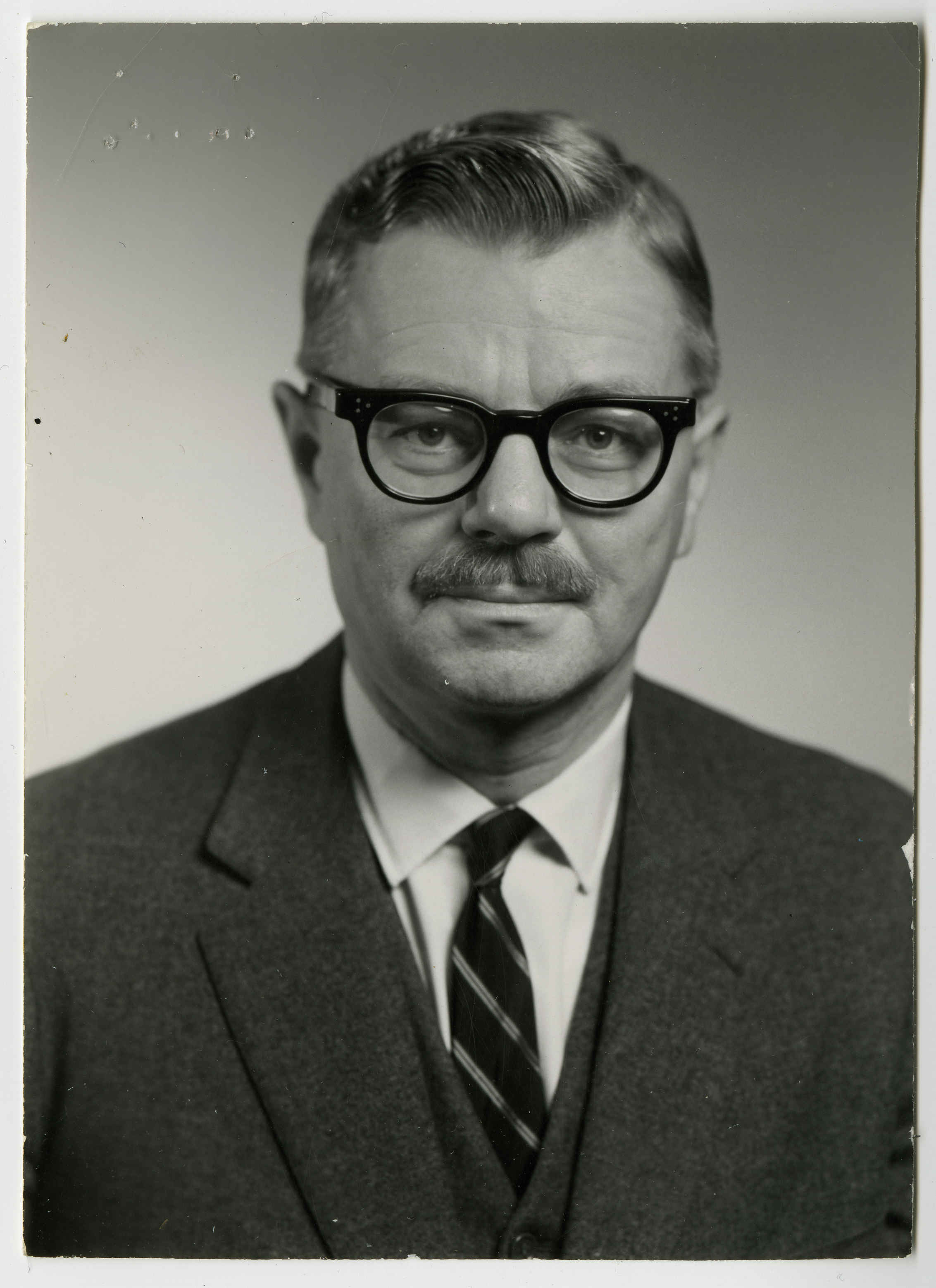
Ilmar Mikiver
Ilmar Mikiver (1 January 1920 – 26 September 2010) was a poet, critic and journalist.
Mikiver was born at Loksa in Harjumaa County. From 1932–1935, he studied at Gustav Adolf Gymnasium in Tallinn and completed Tallinn Secondary School of Science in 1940. From 1940–1943, Mikiver studied Romance and English philology at the University of Tartu. In 1942, during World War II, he worked for a short time at the Estonian Literary Museum and the editorial office of the newspaper Postimees. In 1943, he fled to Finland and participated as a volunteer in the Finnish Continuation War as a member of the 200th infantry regiment.
After the war, Mikiver settled in Sweden and, from 1950–1954, studied history of music and theatre at the University of Stockholm from which he graduated with the degree of Candidate of Philosophy. From 1955, he lived in Munich where he worked until 1959 as a correspondent of the Voice of America. Thereafter, he moved to the USA where he worked as a financial advisor in a company of stockbrokers and a journalist. From 1974–1976 and 1980–1992, Mikiver was chief editor of the Estonian Service of the Voice of America.
His brothers were artist Olev Mikiver and artist and poet Heino Mikiver, theatre director Mikk Mikiver was his second cousin. Their common great-grandmother was folk singer Els Mikiver (1824–1900).
Mikiver made his debut in his school days in school magazines of Tallinn and the magazine Eesti Noorus. In his final school years, Ilmar Mikiver related to the literary grouping Elbumus (Rebirth) whose members wished to revive the tradition of Young Estonia. Other members of Elbumus also included Ilmar Laaban and Helmut Tarand. In exile, Mikiver was mainly active as a journalist and literary critic. He was a PEN-club member. In 1976, Mikiver published his first poetry collection Kirves and tuiksoon (‘Axe and Artery’). Critics compared Mikiver’s poems with Ilmar Laaban’s surrealist poetry and mentioned three E-s as the main themes of his poetry: Eesti, Eros ja elu (Estonia, Eros and life).
Mikiver also published prose pieces influenced by surrealism. In 2007, the second poetry collection appeared by which the poet secured his position as a significant surrealist along with Ilmar Laaban. In the 1960s, Mikiver was active in the Estonian theatre of New York. In Soviet Estonia, Ilmar Mikiver was widely known as a US radio voice.
In 2001, Ilmar Mikiver was awarded the Order of the White Star, class III.
L. P. (Translated by I. A.)
Books in Estonian
Poetry
Kirves ja tuiksoon: luuletusi 1960–1975. Toronto: Boreas&Mana, 1976. 47 lk.
Urb: teine kogu luuletusi. Tallinn: Maarjamaa, 2007. 58 lk.
Essays
Ankruketi lõpp. 9 esseed eesti luulest. Tallinn: Kultuurileht, 2010. 139 lk.



